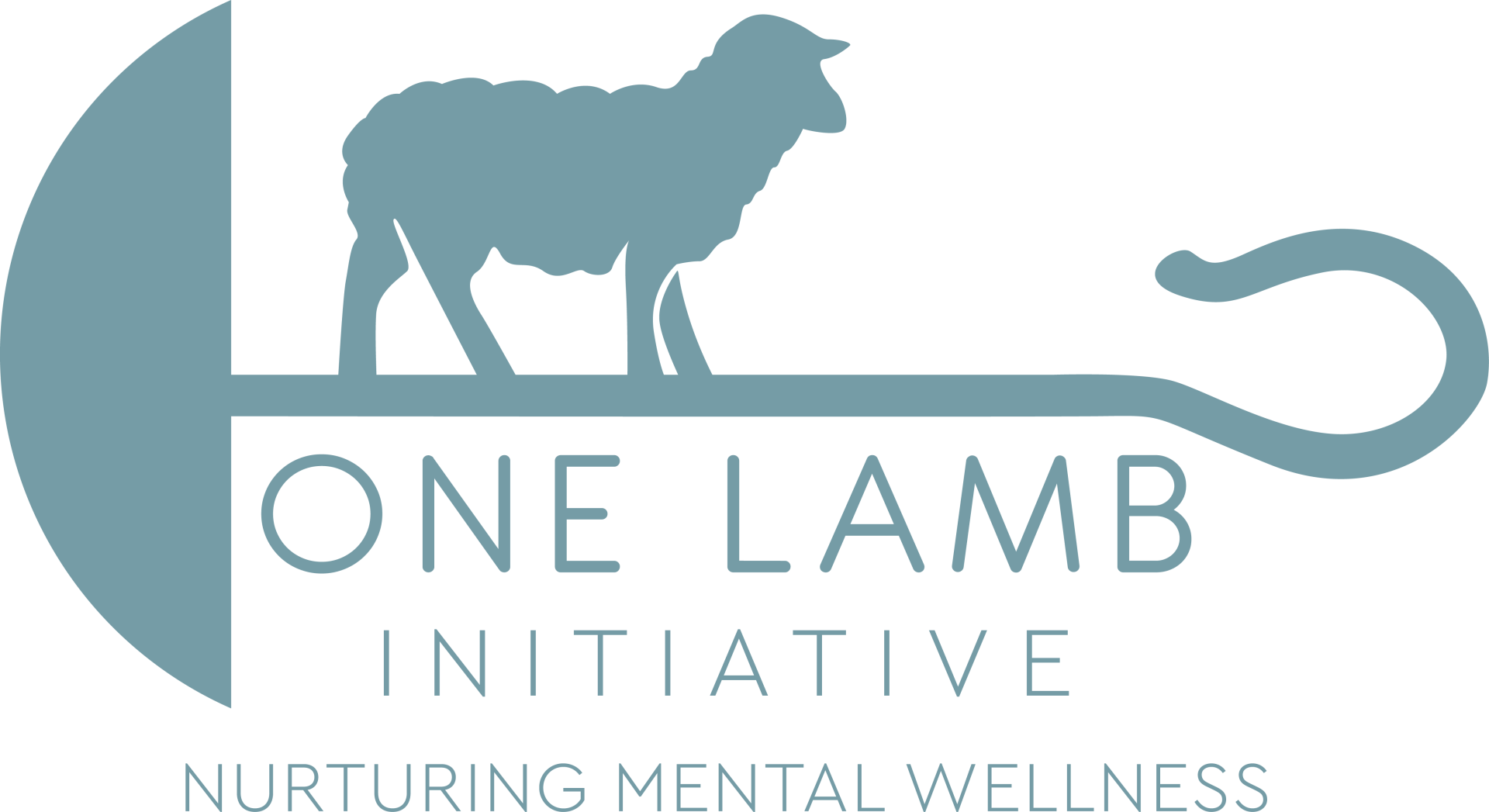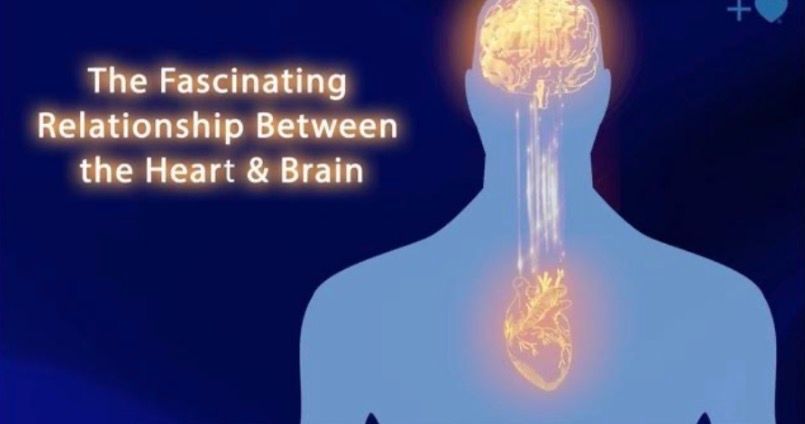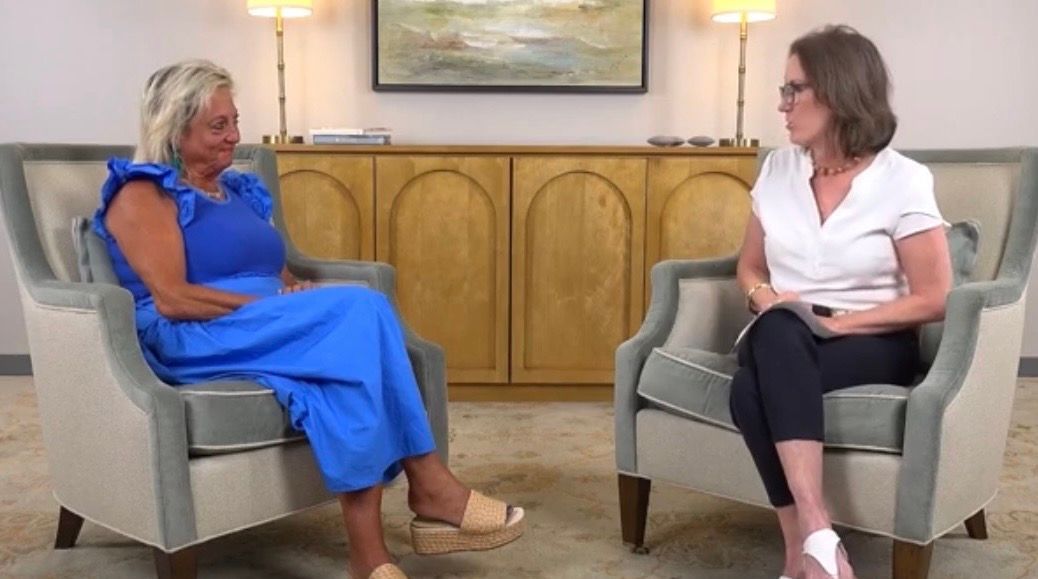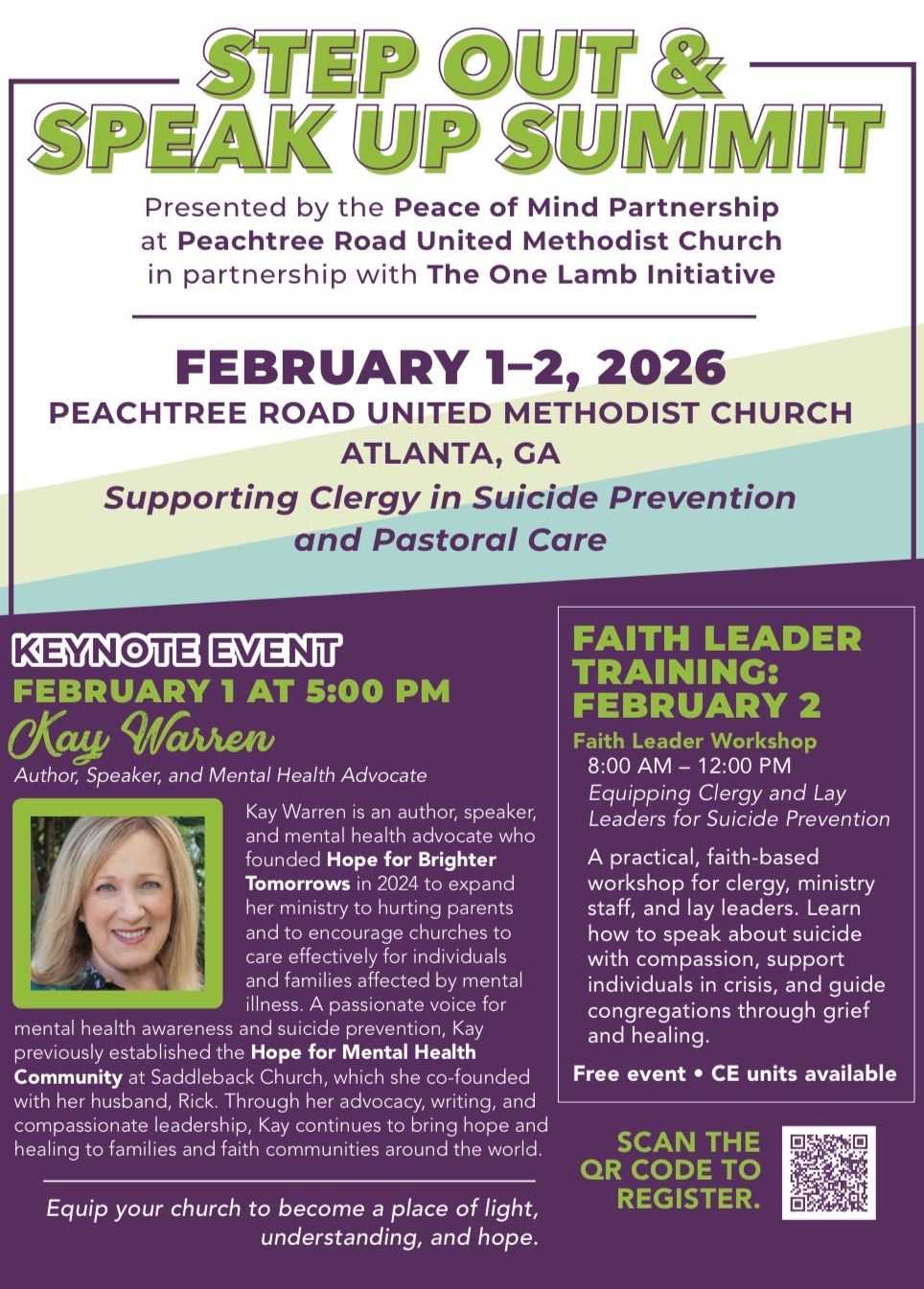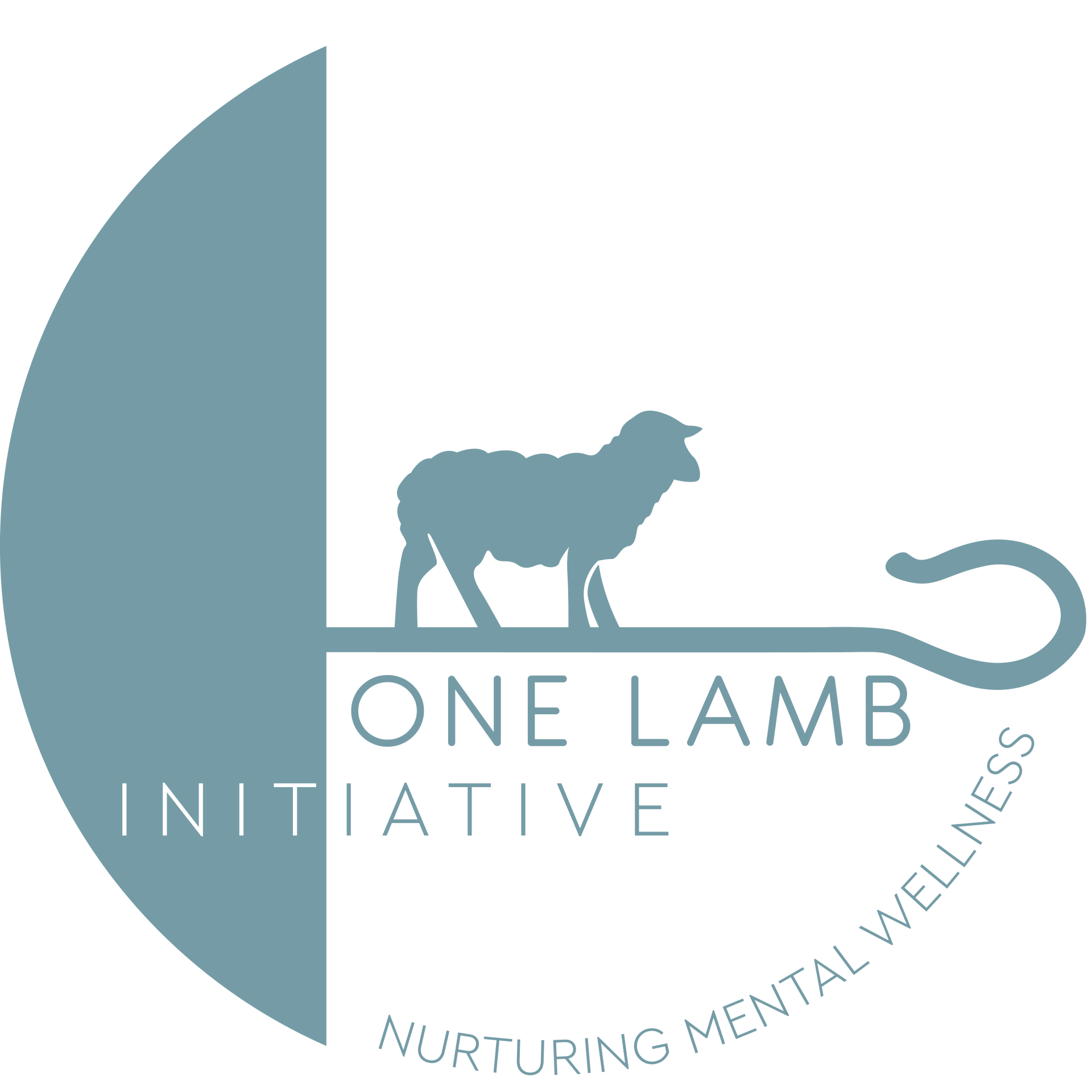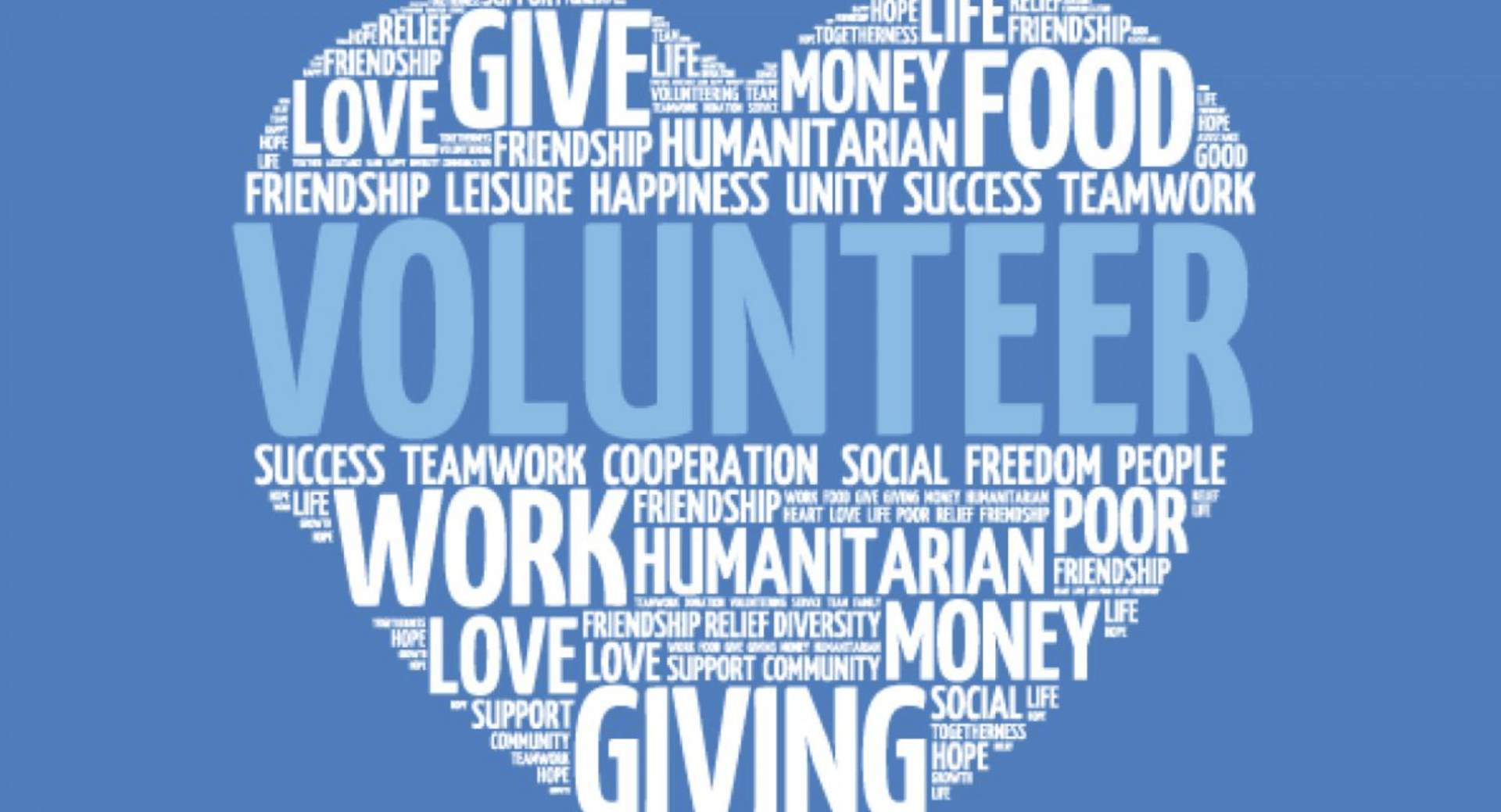
The Six Health Benefits Of Volunteering
Volunteers make an immeasurable difference in the lives of others. Oftentimes, they perform with the core intention of helping others. But did you know that volunteering can benefit your own health as well? Researchers have attempted to measure the benefits that volunteers receive including positive feeling referred to as helper’s high, increased trust in others and increased social interaction.
From lowering stress to boosting self-confidence, research has shown that volunteering offers many health benefits, especially for older adults, such as:
- Volunteering decreases the risk of depression.Research has shown that volunteering leads to lower rates of depression, especially for individuals 65 and older. Volunteering increases social interaction and helps build a support system based on common interests — both of which have been shown to decrease depression.
- Volunteering gives a sense of purpose and teaches valuable skills. Volunteers, such as those at Mayo Clinic Health System, perform critical roles in assisting patients, families and staff. They serve as greeters providing patient room information and directions, as transporters of patients and patient items, and as surgery and Critical Care waiting room attendants. They make prayer shawls, blankets, sweaters and hats typically given to newborn babies and cancer patients. Services they provide include working in the hospital gift shop, performing clerical duties for staff and offering pet therapy to patients through the Paws Force team. The work that volunteers provide is essential to everyday processes, which gives volunteers a sense of purpose.
- Volunteering helps people stay physically and mentally active. Volunteer activities get you moving and thinking at the same time. One study found that volunteering among adults age 60 and over provided benefits to physical and mental health. Another study found that, in general, volunteers report better physical health than do non-volunteers. Older volunteers experience greater increases in life satisfaction and greater positive changes in their perceived health as a result of volunteering.
- Volunteering may reduce stress levels.Volunteering may enhance a person’s social networks to buffer stress and reduce risk of disease. By savoring time spent in service to others, you will feel a sense of meaning and appreciation, both given and received, which can have a stress-reducing effect.
- Volunteering may help you live longer. An analysis of data from the Longitudinal Study of Aging found that individuals who volunteer have lower mortality rates than those who do not, even when controlling for age, gender and physical health. In addition, several studies have shown that volunteers with chronic or serious illness experience declines in pain intensity and depression when serving as peer volunteers for others also suffering from chronic pain.
- Volunteering helps you meet others and develop new relationships. One of the best ways to make new friends and strengthen existing relationships is to participate in a shared activity together. Volunteering is a great way to meet new people who share common interests with you. Dedicating your time as a volunteer also helps you expand your network and practice social skills with others.
Volunteers at Mayo Clinic Health System come from a wide variety of backgrounds, but share the common desire to help others. They are men, women, retirees, teenagers, former patients, professionals, homemakers and students. They volunteer for different reasons: to explore health care careers, sharpen skills to re-enter the work world, stay active during retirement and put their free time to good use.
Are you interested in becoming a volunteer? Join Mayo Clinic Health System’s team of volunteers, and make a difference in the lives of patients and staff. Sign up to volunteer at a location near you.
Share


